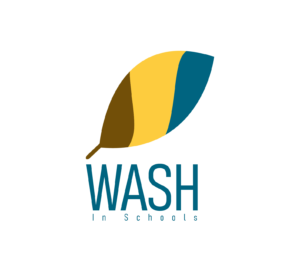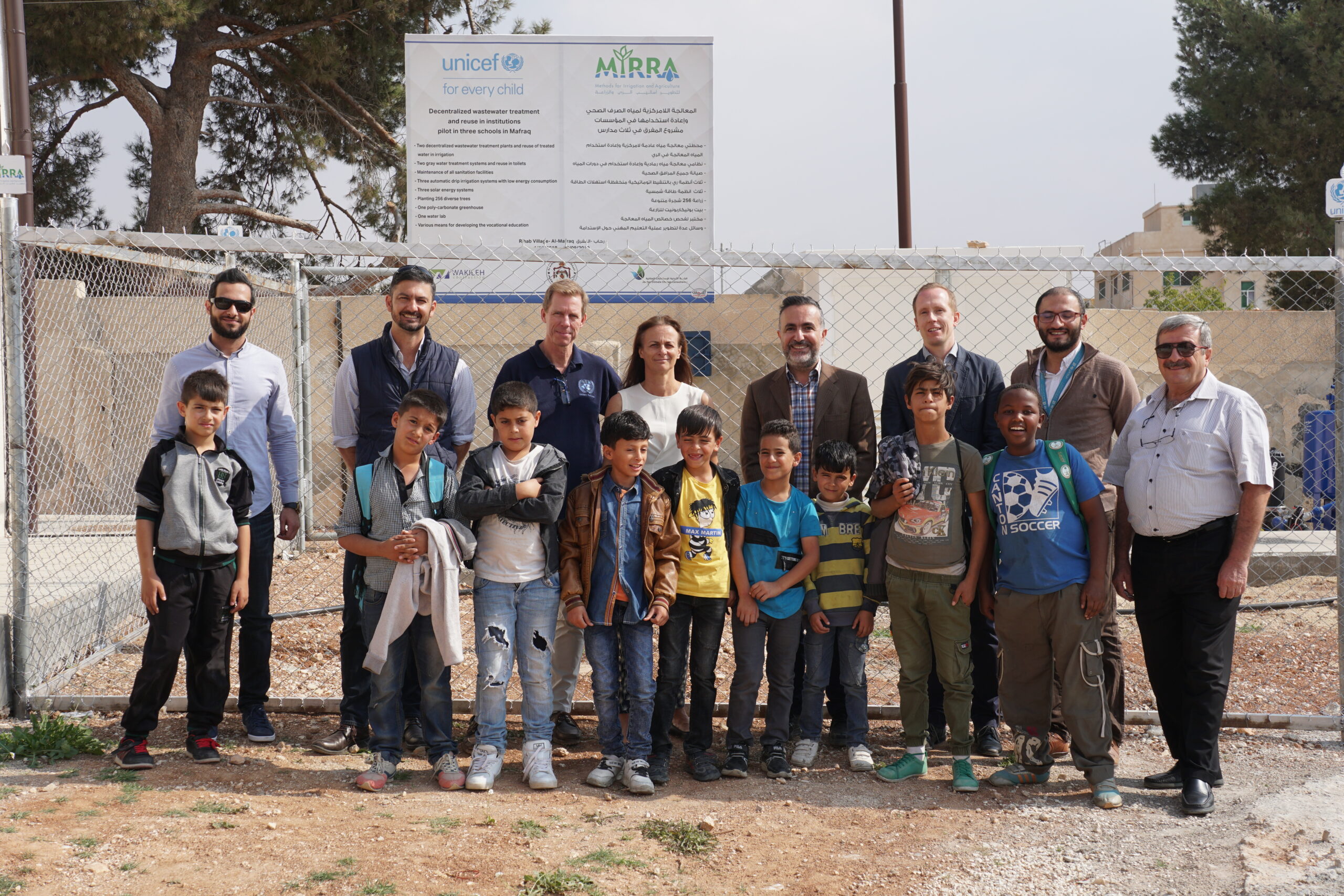

Decentralized Wastewater Treatment and Reuse in Institutions
1 Dec 2018 – 30 Dec 2010
MIRRA signed on with UNICEF to launch a collaborative program in December 2018. The project, which revolves around sanitation and waste water management, conforms to Jordan’s new strategic priority of decentralizing services and climate change adaptation. A recent JMP report highlighted that within Jordan, only 77 percent of the population have access to safely managed wastewater, an alarming discrepancy with Jordan’s commitment toward SDG6 — clean water and sanitation access for all.
MIRRA has developed and now implementing the project “Decentralized wastewater treatment and reuse in institutions”. This project is working to close that gap by targeting three schools within the Irhab district in Mafraq Governorate. With a population of 23,874 consisting of nearly 3000 Syrians, the rural district has no sewer network, instead relying on the a cesspit to dispose waste water. Agriculture in Irhab relies on a piped water network that is meant for domestic use and water trucks, in addition to privately-owned wells.
The project objectives
The aim of the cooperation is to demonstrate a sustainable approach to wastewater treatment at the decentralized level within the institutions through a model of 3 public schools in the village of Irhab in Mafraq governorate to achieve the following objectives:
– The safe management of wastewater at the decentralized level to prevent pollution of groundwater and reuse of water for agricultural purposes.
– Reuse gray water to reduce freshwater consumption.
– Solar energy as an alternative source of sustainable energy for the operation of the processing system and the irrigation system and the provision of electricity incursions.
– Raising awareness among students and teachers about the importance of public water conservation and the environmental impacts of poor sanitation and renewable energy as a sustainable source of energy and hygiene.
Project work packages by beneficiary sector
Water, Sanitation and Hygiene (WASH)
– Installation of two wastewater treatment plants treat to class A water to be used in restricted irrigation.
– Install / upgrade gray water treatment systems from external washbasins and reuse the treated water in outdoor toilets near the washbasins.
– Maintenance of toilets, washbasins and water harvesting installations in the schools.
– Support the schools with materials and equipment to promote hygiene and sustainability.
Renewable energy
– Installation of solar energy systems covering all electricity needs of the three schools and water treatment systems.
Sustainable Agriculture and Irrigation
– Reorganization of agriculture (~ 3 dunums) and cultivation of empty spaces (~ 3 dunums) within the three schools in crops covering various purposes such as economically productive or as wind shields or to provide aesthetic qualities and provide suitable space for different activities of students and the community.
– Installation of sustainable drip irrigation systems that save more energy, water and effort compared to conventional systems.
Education, awareness and building capacities
– Building the capacity of relevant Ministry of Education staff for the sustainable management of the project through technical training, training workshops, manuals and remote-control systems.
– Improve the basic practices and behaviors of students and the community to conserve water, environment and hygiene at home and school through educational activities and training activities in the schools during the project period in a way that strengthens the education curriculum.